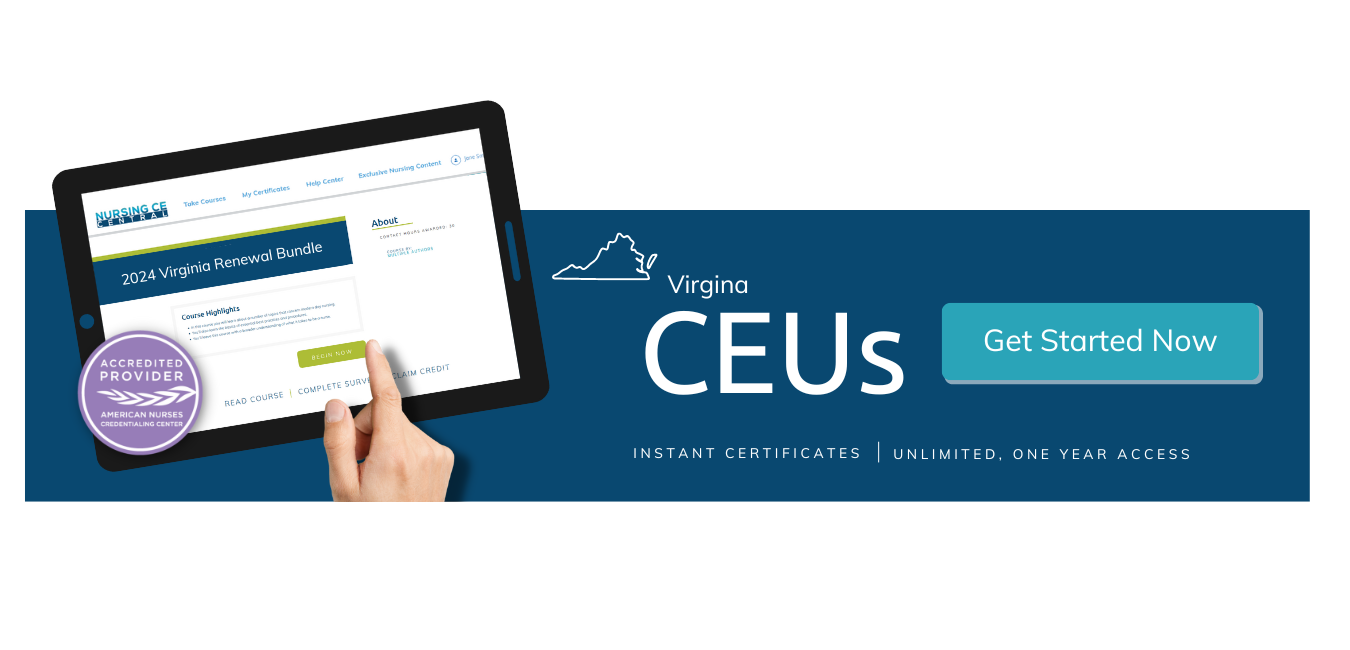Getting Help Personally and Professionally
When someone is always caring for others, it can be a challenge to navigate when, where, and how they themselves should ask for help. This is no different for a struggling intellectual and developmental disability nurse.
One of the biggest barriers a provider has when it comes to receiving assistance is the potential stress of another caregiver working with their client.
Stress reducing activities
There are far too many stress-reduction activities to name in one sitting, however, VeryWell Mind suggests these for caregivers who might have very little time on their hands:
- Walking
- Meditating
- Artistic expression
- Being around a loved one
Support services
When dealing with caregivers in need of support services due to continual care being given to this special population, the most important areas to consider are the benefits of offering support and being an advocate.
Family members and friends can provide support in various ways by discussing the greatest needs with the caregivers and the best way these individuals can offer support.
Support may come in the means of staying with the individual while the caregiver completes needed errands or goes to a medical appointment, or support can be offered by covering an entire shift to meet the needs of the individual.
However, please note that supportive individual should have proper training and credentialing before helping.
Many local online support groups are available and allow the caregivers a chance to share information and connect with others who are experiencing the same or similar situations.
There are both in-person and virtual options available, too!
One of the most important aspects of caring for this population of individuals is being an advocate, and by doing so, oftentimes services can be identified and implemented with each individual based on their needs.
Strong advocacy can be equivalent to obtaining effective and needed services for the individual and the caregivers.
It is also imperative that families and caregivers become familiar with the Americans with Disabilities Act (ADA) and the Family Medical Leave Act (FMLA), along with other state and national provisions.
Additionally, empowerment can offer the greatest success by focusing on what the individual with disabilities can do and the limitations of the family caring for the individual.
By recognizing these limitations, the care coordinator can better assist with obtaining the needed services for both the individual and the caregivers.







